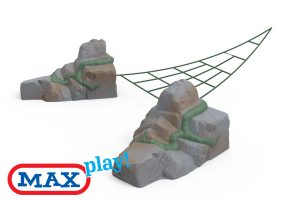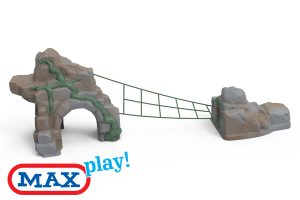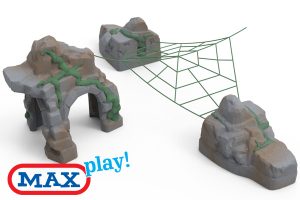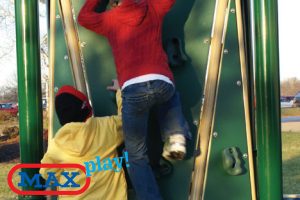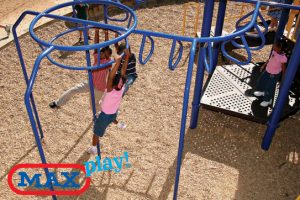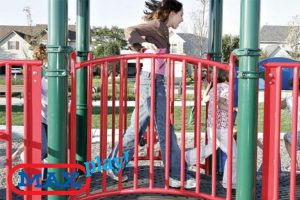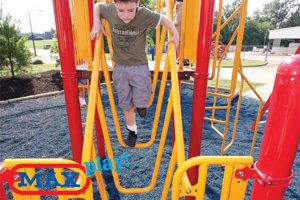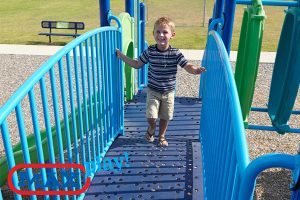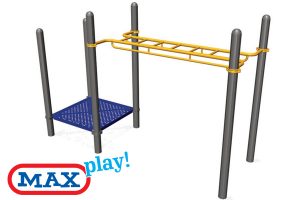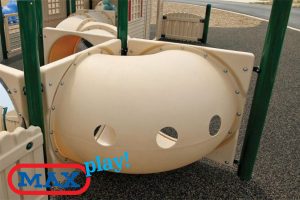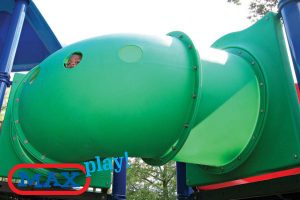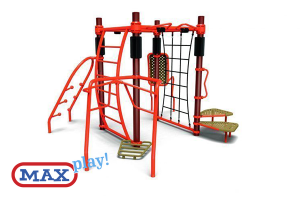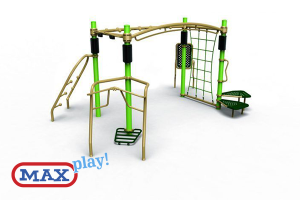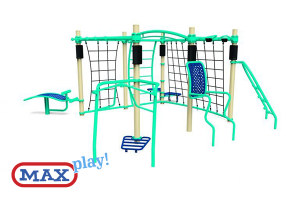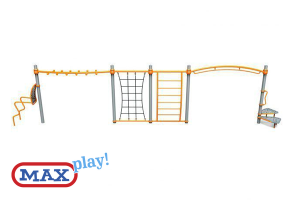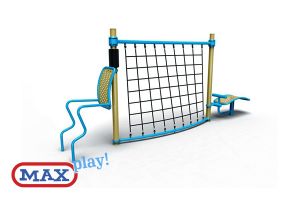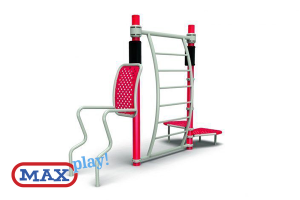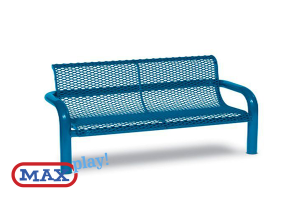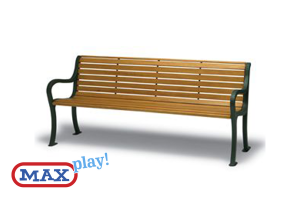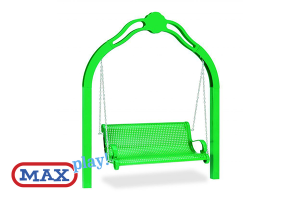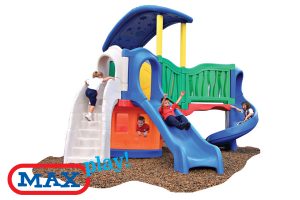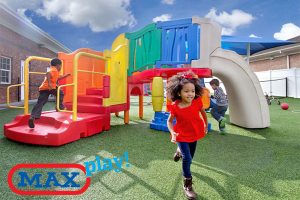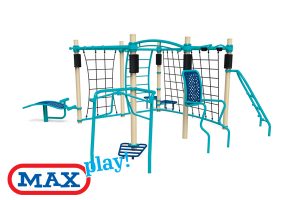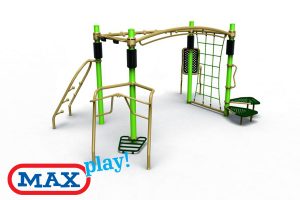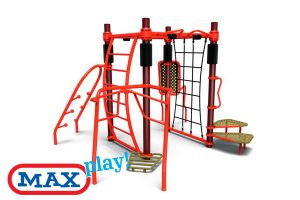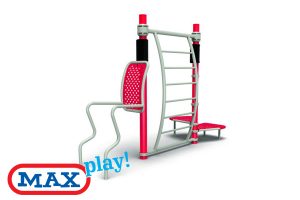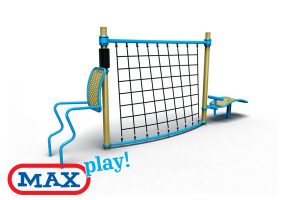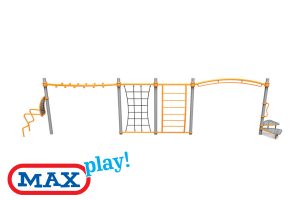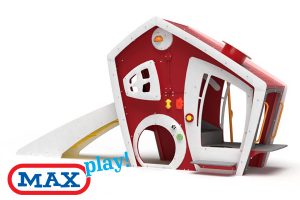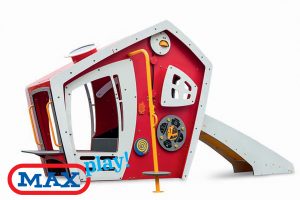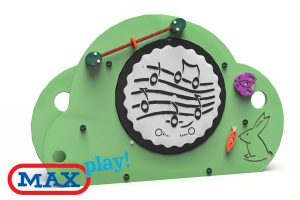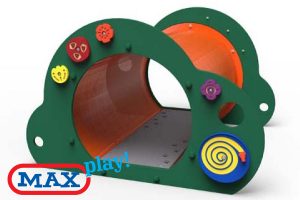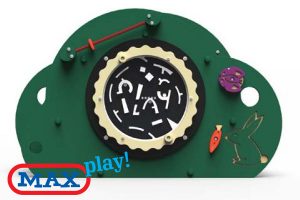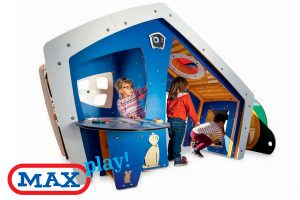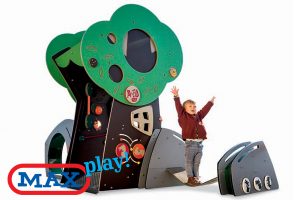WHY OUTDOOR PLAY BOOSTS PRODUCTIVITY AND DEVELOPMENT (PART 1)

It’s no secret that kids love heading for the playground as soon as they’re released for recess. It’s one part of their school day that’s within their control — they can play with their friends, be creative, and take a break from studying. However, recess is more than just a fun break. Regular outdoor play is integral in a student’s development and often leads to improved academic performance inside the classroom.
BENEFITS OF HAVING PLAYGROUNDS AT SCHOOLS
Many students look forward to recess all day long — but playgrounds serve as more than a pleasant break from the classroom. They encourage children to be active while engaging in helpful socialization with one another. Playgrounds and recess are also where many students begin to form their identity and develop essential life skills.
Playgrounds at schools are beneficial because they help promote:
- PHYSICAL ACTIVITY
According to a study conducted by a journal of child and adolescent health in conjunction with the World Health Organization, 81 percent of elementary-age students don’t engage in enough physical activity. With childhood obesity on the rise, it’s more important than ever to help students develop a strong foundation for daily exercise.
Playgrounds encourage children to engage in active play and build important motor skills, like:
- Balance
- Agility
- Coordination
- Speed
- Reaction time
- Strength
The playground is also where many students find a natural talent or interest in sports or exercise, which encourages them to pursue those interests outside of school hours.
- SOCIAL DEVELOPMENT
The ability to navigate group settings is crucial for the social development of a child. Playgrounds offer an equal meeting place for children of different backgrounds and experiences to come together. Through play, children learn how to communicate with their peers and learn valuable skills, such as:
- Compromise
- Understanding
- Compassion
- Conflict resolution
- Language
- Leadership
- Teamwork
- Sharing
- Self-regulation
Children carry these social skills into their teenage and adult years. The more social skills a child has, the better they can express themselves. According to some psychologists, children who develop a strong social foundation at a young age are more likely to overcome challenges and understand when and how to ask for help as they get older. Those social relationships also translate into the classroom, where students learn how to interact with teachers and peers in a more productive, respectful way.
- SELF-IDENTITY AND DEVELOPMENT
Children approach the playground with a sense of curiosity. They choose how and where they want to play. The ability to try new things and exercise creativity allows students to develop their own interests, talents, abilities and preferences.

CONTACT MAX PLAY
A community playground is a natural place to come together. If your school, park, condo association, or community needs its own play space, contact Max Play to start designing your creative new playground today.
(To be continued)



